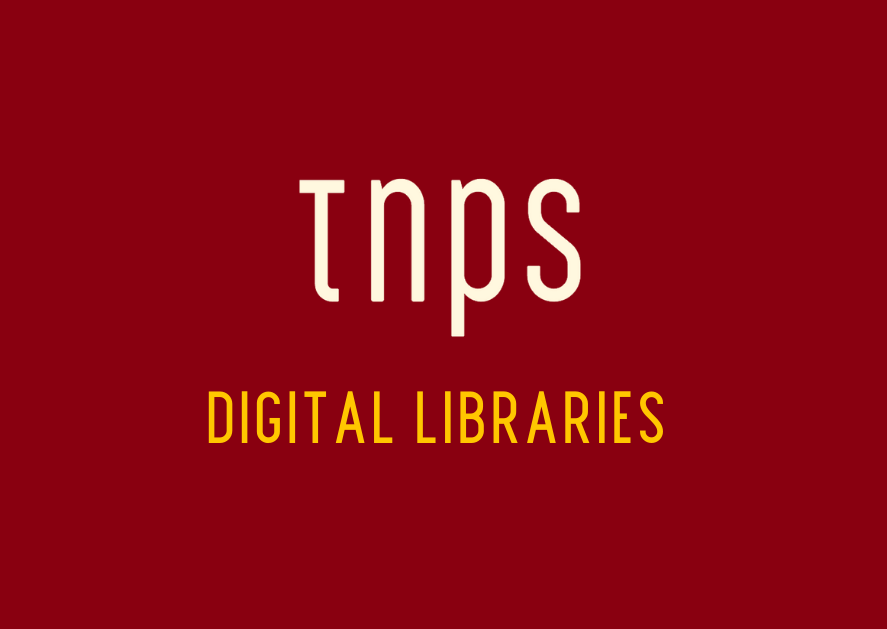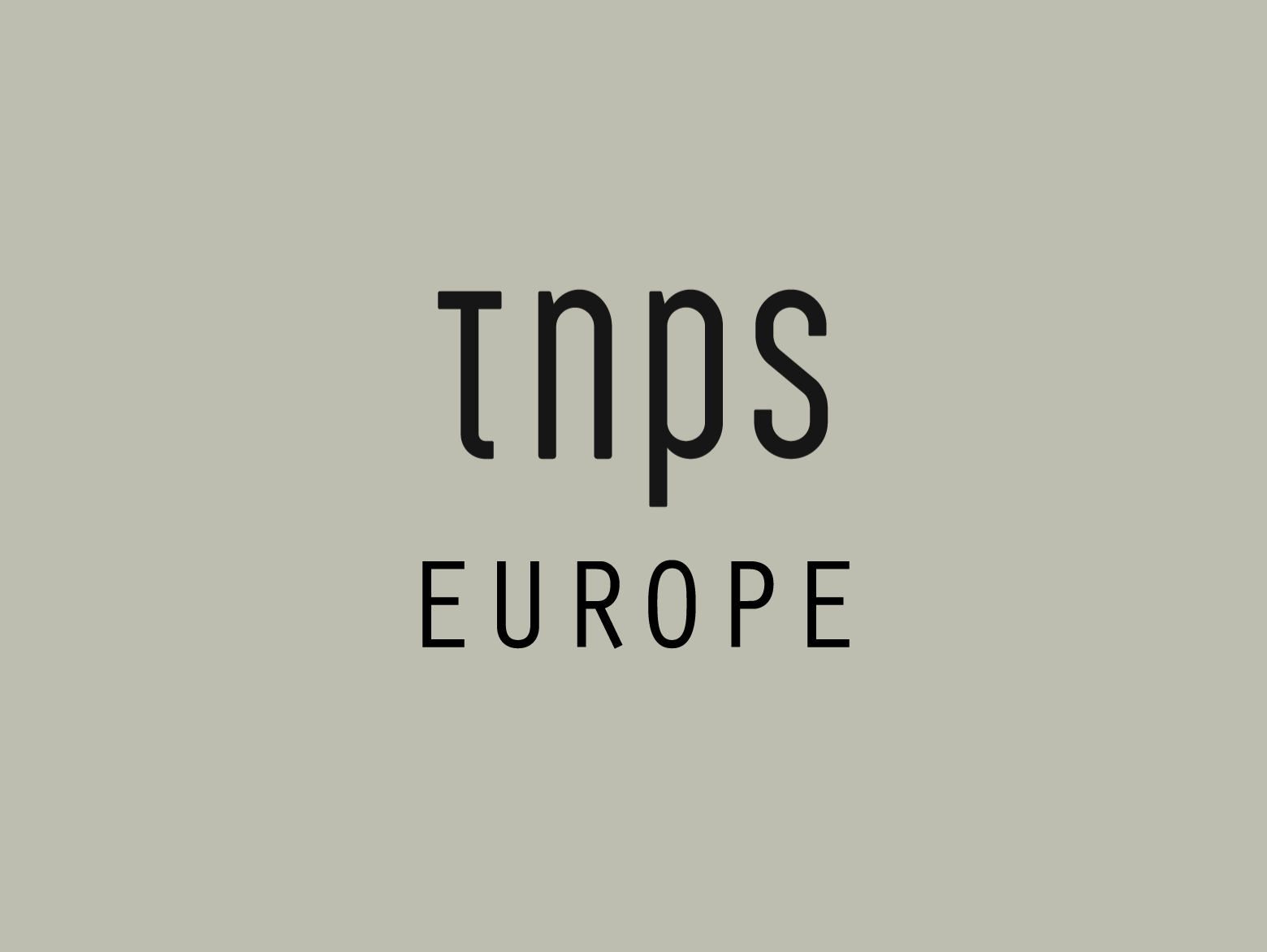At the American Library Association Annual Meeting this month digital library content facilitator Rakuten OverDrive revealed a statistic that bears out a simple truth in any format: More choice of books means more reader engagement.
The numbers are startling.
Ebook and audiobook reading increased over 240% when students connected their Sora classroom reading app to their local public library versus students solely accessing their school collection. In addition, student time spent reading ebooks and audiobooks nearly doubled since Sora was introduced to K-12 schools in September 2018.
See testimonials from participating schools in the OverDrive press release.
![]()
Here rather to look at the bigger picture, which applies equally whether were talking print or digital, adults of children, North America or Africa or Asia.
And that’s simply that, if for whatever reason we limit the choice consumers have then we have only ourselves to blame if the response and sales are, well, limited.
With traditional ink & paper books in bricks and mortar bookstores there are of course very real limitations of space, distribution and material costs, which are largely negated by digital, hence the remarkable results the Sora app is seeing when connecting schools with public libraries.
And while this is a report about North American libraries and schools, it’s something we could see repeated globally in the next decade as digital libraries proliferate and publishers make more content available to library networks.






Like i said my heart has always been clean n true for you i cant even think how life is gona be with out you n how im gona live it with out you by my side
That is, the more extensive the digital library becomes, the fewer people will read printed editions of books? But what good is that?
That presupposes this is a fixed market of x number of consumers, which isn’t the case.
In the case of the Sora app experience here we can safely say most of these kids would not have read the equivalent number of print books, and we can extend that across the board to library consumers.
The act of physically going to a library, collecting a number of books, lugging them home, and worrying about return dates will b a deterrent to print borrowing. the concern a borrowed print book might be lost or damaged, along with the challenge of carrying it about, will mean library patrons borrowing print books are less likely to take the books out of the house, restricting potential reading opportunities.
In the same way as digital audio has soared as the act of listening to audiobooks has been made more convenient, so with ebooks.
We’ve seen 274 million digital downloads from OverDrive in 2018, and while some will be cannibalised print sales, most clearly are not.
Thanks for the detailed answer 🙂